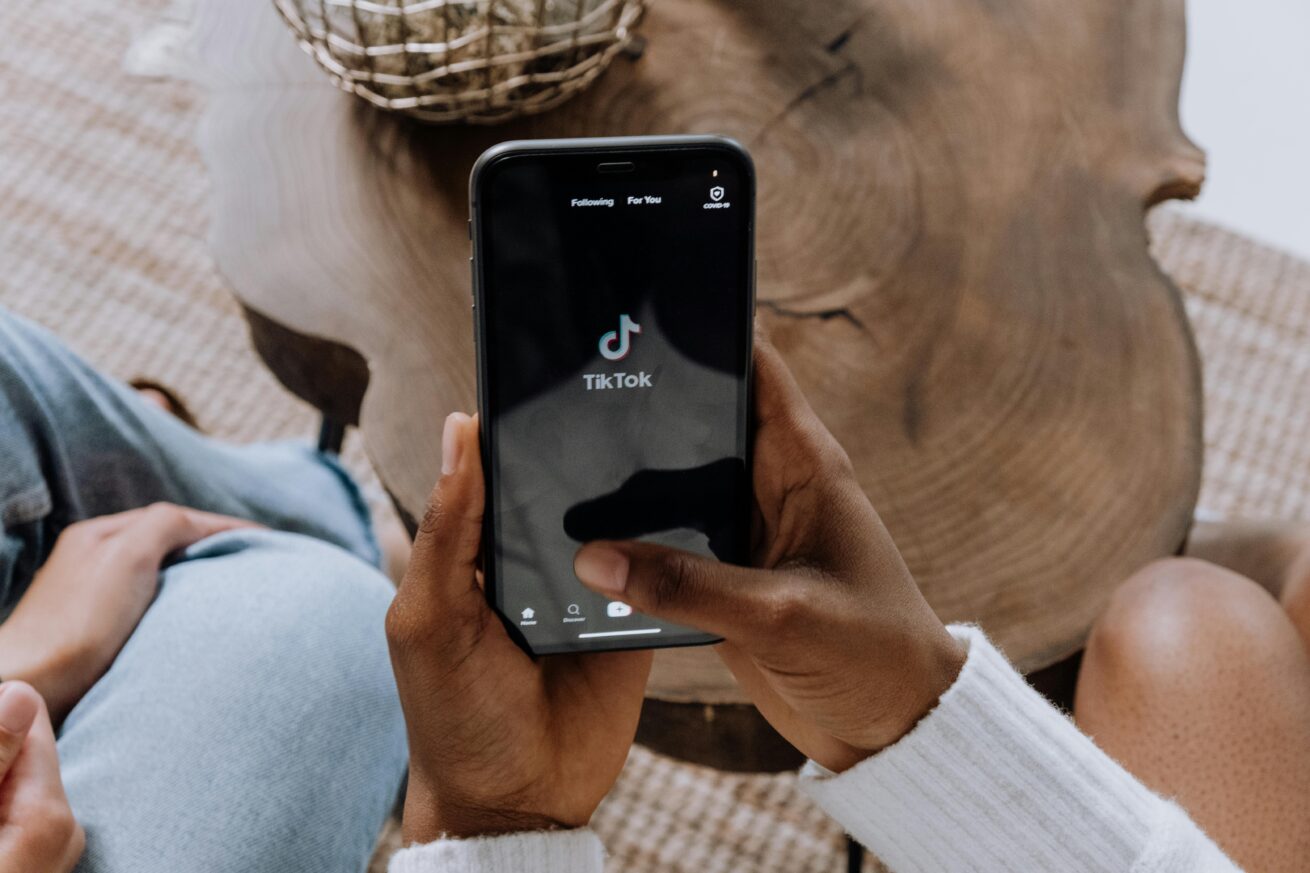From scroll to search: social media as the new search engine
Social media
19 Sept 2025

Georgie Wood
Senior social media executive

In recent years, the social media landscape has progressed drastically. What started as a space to connect and catch up with friends has become a go-to tool for everything from shopping to learning and even discovering the next place to eat.
One of the biggest shifts? People are now using social media as a search engine. Forbes reported that nearly a quarter of consumers go to use social media as a search engine to find answers, and according to Adobe, 64% of Gen Z turn to TikTok to search before even thinking about Google.
Now, we’re not saying ‘social media it’ will hit verb status like ‘Google it,’ but it’s no surprise platforms are leaning hard into the shift. TikTok Shop is the perfect example with its built-in storefront that lets people buy straight from the brands they’re already searching for.
The takeaway here? Social media isn’t just a place to post and scroll anymore. It’s where people search, shop, and discover, all in one place. And as social media experts, we’re diving into how businesses can use this shift to drive results.
Growth of the short form video content
Short-form video content has taken over. According to eMarketer, it’s now the most influential type of content on social media. It's easy to create, delivers strong results, and fits perfectly with today’s scrollers’ attention spans. That’s exactly why short-form video content should be front and centre of your content plan for social media.
TikTok
TikTok is the short-form video content king. Videos can be as short as three seconds, and with endless streams of relatable, global content, it’s no surprise people are using it to search. Why? Because it gives answers faster than traditional search engines. Whether it’s reviews, tutorials, or trending products, TikTok surfaces them in a more engaging way. This shift is exactly why other platforms are now playing catch-up.
YouTube
YouTube has always been home to longer, more educational content, but things have changed. With the rise of short-form video content, YouTube introduced Shorts, snappy, bite-sized videos that still carry the platform’s strong search functionality as the second largest search engine in the world according to the Search Engine Journal. It’s the best of both worlds: quick content plus deep social searchability equals a major opportunity for brands and creators.
Instagram jumped into the short-form video content game with Reels in 2020, and it’s now a core part of the platform. Reels changed how users engage, moving away from just static visuals to searchable, SEO-like content with smart use of hashtags, captions, and location tags. As of July 2025, Reels are now eligible to appear in Google Search results. That’s a game-changer and shows just how blurred the lines are getting between traditional search engines and social media platforms.
User generated content on social media
There’s been a big shift in what users want to see on social media. Polished, perfect content? Not so much. Authenticity is placed over anything else nowadays.
That’s why User-Generated Content (UGC) is the current big thing. People trust real reviews, recommendations, and lived experiences over faceless content. And this demand for authenticity is reshaping influencer marketing too.
Influencer partnerships now feel more like genuine collaborations than campaigns. And, as audiences are more likely to take action when the content feels genuine, influencer collaborations and UGC deliver that.
This all plays directly into using social media as a search engine. People search for content from creators they trust. They’re not just looking for a product, they’re looking for a story, a review, or a personal take.
How social media as a search engine is affecting businesses
At first, the shift was subtle. But now, the social media landscape has completely changed. The way people buy, discover, and research products has shifted. And it’s all happening on social.
GWI revealed that in 2025, effective brand discovery means appearing where your customers already are, with the content they want to see. And social media is leading the charge.
Brands are adapting fast. Integrated storefronts, shoppable videos, and smoother checkout processes have been made possible using social media as a search engine. Even Reddit has seen a big jump in search queries, taking away some of Google’s dominance.
Take a look at our key takeaways from HiveMCR 2025 for more on that.
The social media landscape 2025
In 2025 the social media landscape has changed in such a way that just posting for the sake of posting isn’t enough. Content needs to have meaning without being overly promotional. It must feel authentic but also be optimised for the platform and for search.
Instagram is currently leading the way in ranking Reels content, but we expect different types of social media to follow suit soon. That’s why having a well-thought-out content plan for social media matters now more than ever.
It’s also about building real communities, nurturing them, and making sure your content shows up in the places your audience is searching.
That means optimising your content, captions, hashtags, and topics, so you’re discoverable. Social and search are merging and understanding how to work with each platform’s algorithm is key. A strong content plan for social media should do more than gain followers, it should convert them.
Contact our social media experts to find out how social media integration will affect your business
Want to know more about how to make your content for social media work for search? Contact our social media experts about a personalised strategy for your brand today.


